Understanding scalp health is essential for maintaining healthy hair and preventing hair loss or scalp issues. When hair and scalp problems arise, consulting a specialized professional like a Trichologist Abu Dhabi can make a significant difference. Trichologists are experts trained to diagnose and treat various hair and scalp conditions, ensuring personalized and effective solutions. Their expertise is crucial for identifying the underlying causes of scalp concerns, whether they stem from dermatological issues, lifestyle factors, or other health-related problems.
The Role of a Trichologist in Scalp Health
Expertise in Hair and Scalp Disorders
A Trichologist specializes in diagnosing and managing a wide range of scalp and hair disorders. They possess in-depth knowledge of hair biology and scalp anatomy, enabling them to recognize subtle signs of underlying issues. Their role is not only to treat symptoms but also to identify root causes, which could include hormonal imbalances, nutritional deficiencies, or skin conditions. This holistic approach ensures comprehensive care tailored to each individual’s needs.
The Initial Consultation and Detailed History
The diagnosis process begins with a thorough consultation. During this phase, the Trichologist will gather detailed information about your medical history, hair care routine, lifestyle habits, and any recent changes or stressors. Questions about hair loss patterns, scalp itchiness, flakiness, or pain are common. This step helps the specialist form an initial hypothesis about the potential causes of your scalp condition and guides subsequent examination and testing.
Diagnostic Procedures Employed by a Trichologist
Visual Examination of the Scalp and Hair
The first step in diagnosis involves a comprehensive visual inspection. The Trichologist examines the scalp and hair strands under good lighting, looking for signs such as inflammation, dandruff, hair thinning, or scarring. This examination helps identify visible indicators of common conditions like seborrheic dermatitis, psoriasis, or alopecia.
Use of Trichoscopy for Detailed Inspection
For a more detailed evaluation, trichoscopy is employed. This non-invasive technique uses a specialized dermatoscope to magnify the scalp and hair follicles. It reveals finer details like hair shaft abnormalities, follicle health, and scalp skin conditions that are not visible to the naked eye. Trichoscopy provides valuable clues, aiding in accurate diagnosis and treatment planning.
Hair and Scalp Sampling and Microscopy
In some cases, scalp scrapings or hair samples are taken for microscopic analysis. This helps identify fungal infections, bacterial overgrowth, or other scalp infections. Examination under a microscope reveals the presence of parasites, fungi, or other abnormal entities affecting scalp health. This step is crucial in differentiating between various scalp conditions and tailoring appropriate treatments.
Laboratory Tests and Blood Work
If necessary, the Trichologist may recommend blood tests to check for hormonal imbalances, nutritional deficiencies, or underlying health issues. Blood work provides insights into systemic factors that could influence scalp health, such as thyroid function or iron levels. These tests support a comprehensive diagnosis and help develop an effective treatment strategy.
Developing a Personalized Treatment Plan
Addressing Underlying Causes
Once the diagnosis is established, the Trichologist devises a customized treatment plan focusing on the root cause. Whether it involves addressing hormonal imbalances, nutritional deficiencies, or skin infections, the goal is to restore scalp health effectively. This personalized approach ensures targeted interventions that yield the best results.
Recommendations for Hair Care and Lifestyle Adjustments
A vital aspect of scalp health management involves advising on suitable hair care routines and lifestyle modifications. The specialist may recommend using gentle hair products, avoiding harsh chemicals, and adopting stress management techniques. These adjustments support healing and prevent further scalp issues.
Medical and Topical Treatments
Depending on the diagnosis, the Trichologist may suggest specific topical treatments, medicated shampoos, or serums to improve scalp condition and promote hair growth. In some cases, they may coordinate with dermatologists or other healthcare providers for advanced interventions. The focus remains on safe, effective, and sustainable solutions for scalp health.
Preventive Measures and Long-Term Maintenance
Regular Scalp Care and Monitoring
Maintaining scalp health is an ongoing process. Regular check-ups with a Trichologist help monitor progress and make necessary adjustments to treatment plans. Consistent scalp care routines help prevent the recurrence of issues and maintain healthy hair growth.
Nutrition and Lifestyle for Healthy Hair
A balanced diet rich in essential nutrients, hydration, and proper sleep play crucial roles in scalp health. The specialist may recommend dietary changes or supplements to support hair growth and strengthen hair follicles. Lifestyle factors such as reducing stress and avoiding excessive heat styling also contribute to long-term scalp wellness.
Educating on Hair and Scalp Hygiene
Proper hygiene practices are fundamental for scalp health. The Trichologist in Abu Dhabi educates clients on effective hair washing routines, suitable products, and scalp massage techniques. These practices help keep the scalp clean, reduce buildup, and promote healthy hair follicles.
FAQs About Diagnosing Scalp Conditions
Q1: How does a trichologist differentiate between different scalp conditions?
A1: A trichologist uses visual examinations, trichoscopy, scalp sampling, and laboratory tests to identify distinct signs and underlying causes of scalp issues, enabling accurate differentiation between conditions like dandruff, psoriasis, or alopecia.
Q2: Can lifestyle changes help improve scalp health?
A2: Yes, adopting a balanced diet, managing stress, avoiding harsh hair treatments, and maintaining proper hygiene can significantly enhance scalp health and prevent future problems.
Q3: What role does nutrition play in scalp condition diagnosis?
A3: Nutritional deficiencies such as iron or vitamin D deficiency can contribute to hair loss and scalp issues, so blood tests are sometimes used to identify and address these underlying factors.
Q4: Is trichoscopy a safe diagnostic tool?
A4: Trichoscopy is a non-invasive, painless procedure that provides detailed insights into scalp and hair health without any risks, making it a safe and effective diagnostic method.
In conclusion, a Trichologist plays a vital role in diagnosing and managing scalp conditions through a combination of detailed examinations, advanced diagnostic techniques, and personalized treatment plans. Their comprehensive approach helps restore scalp health, promotes hair growth, and ensures long-term hair vitality.

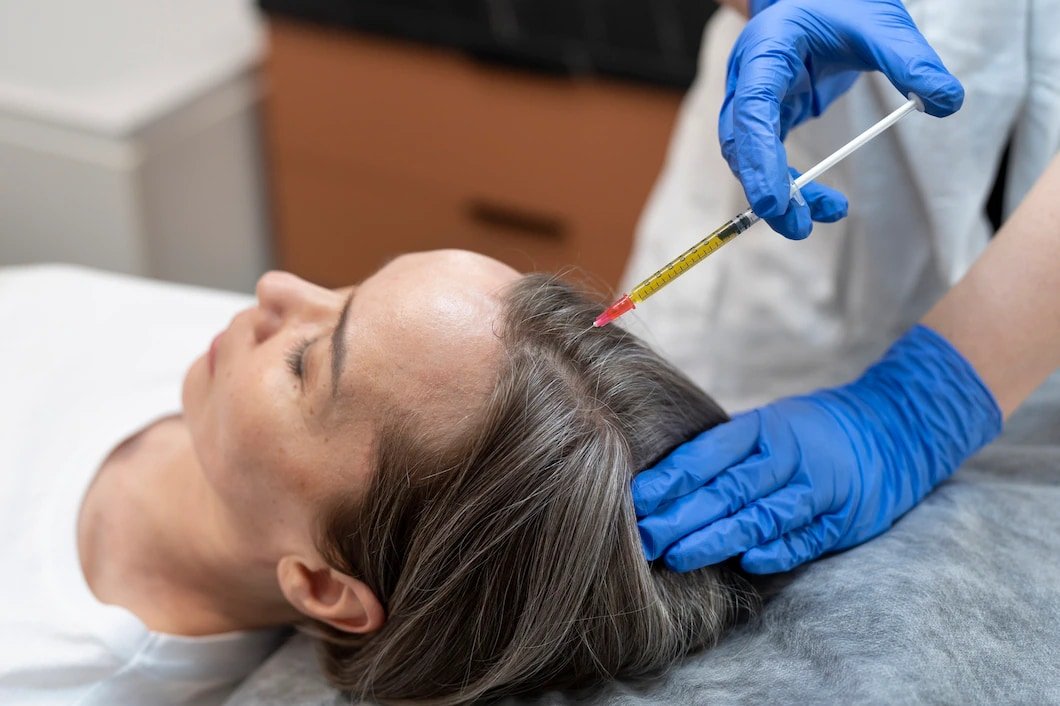
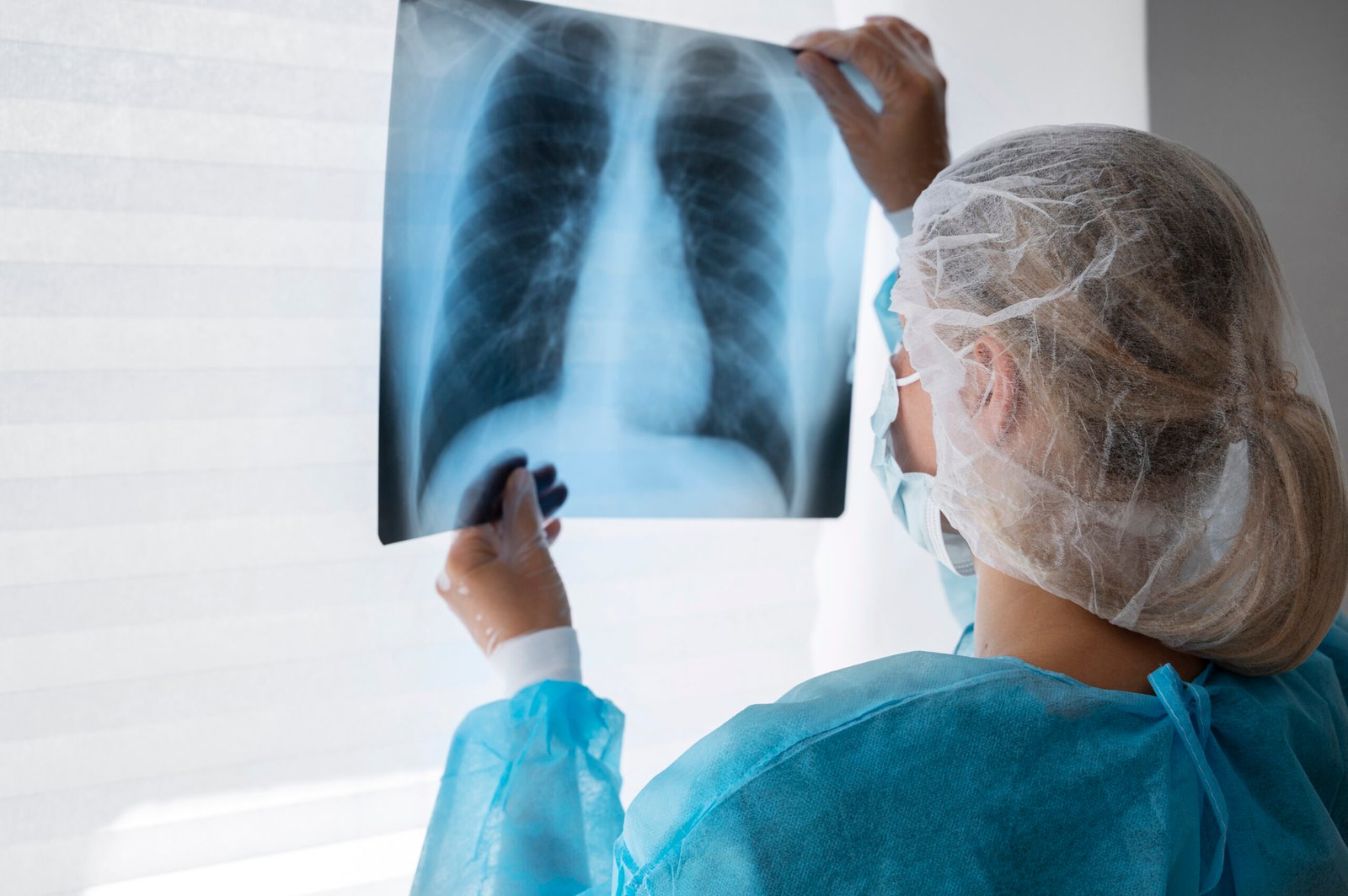


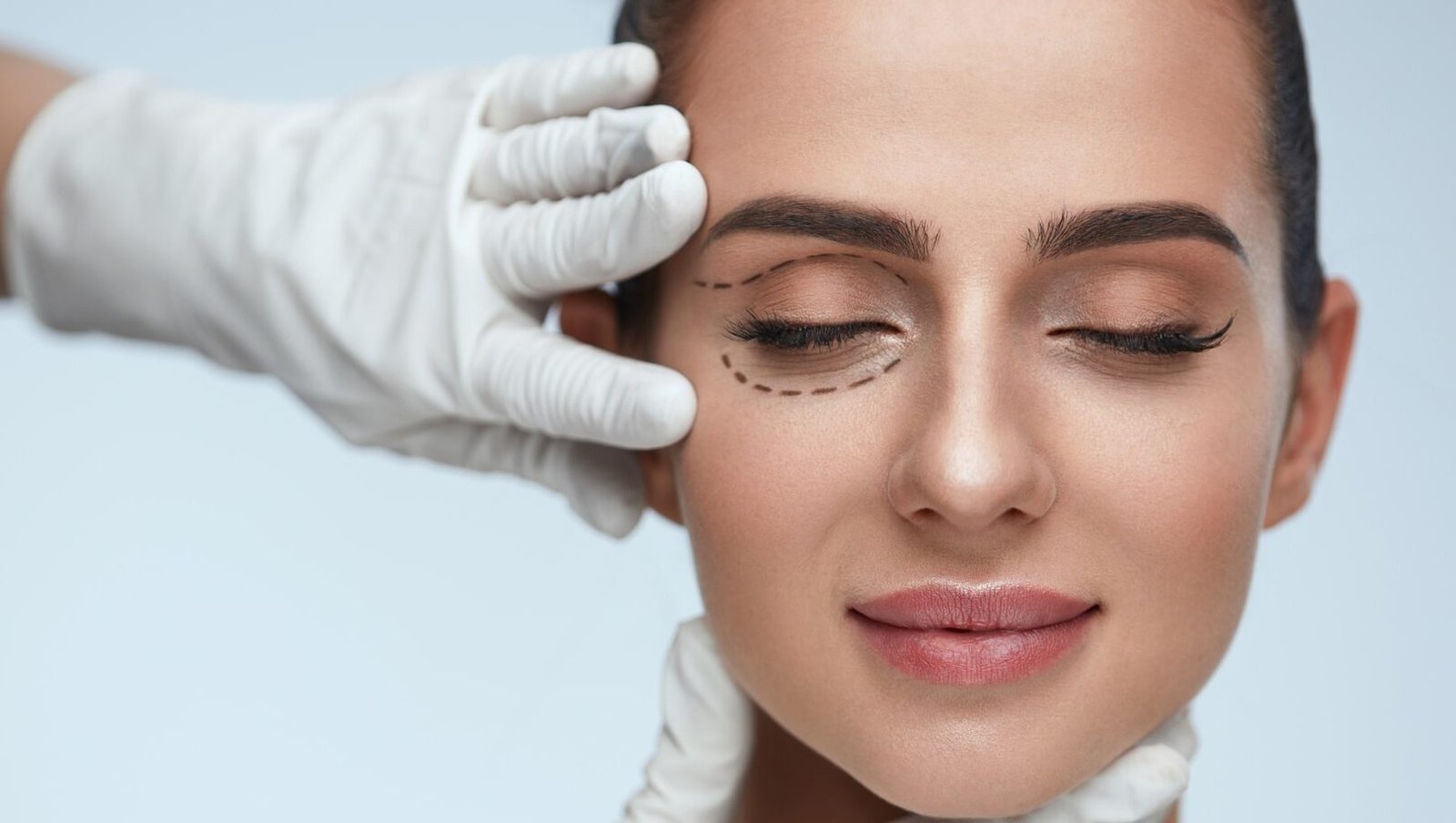

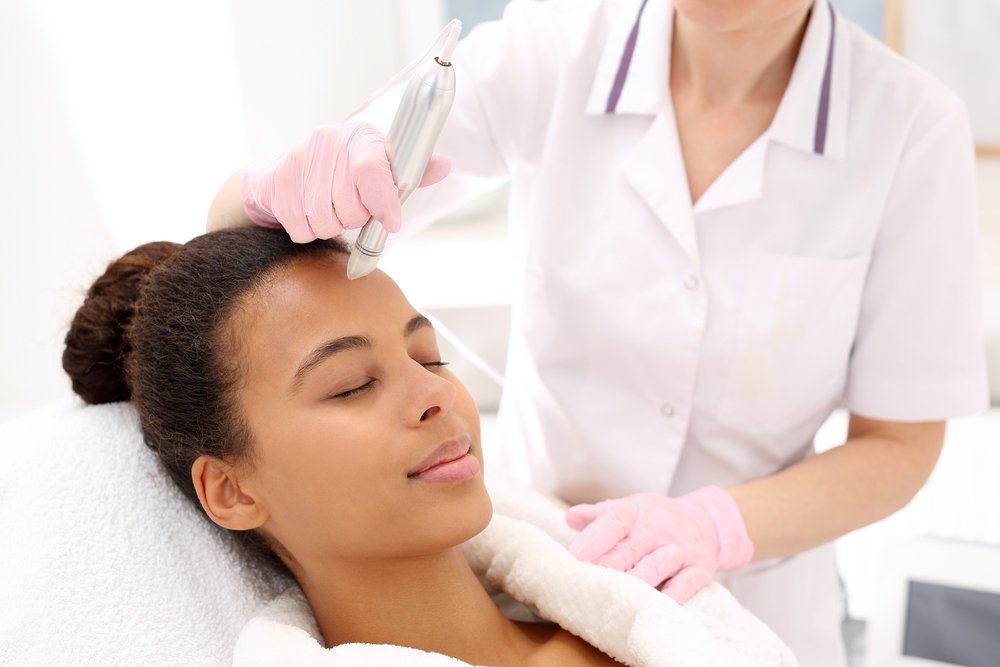

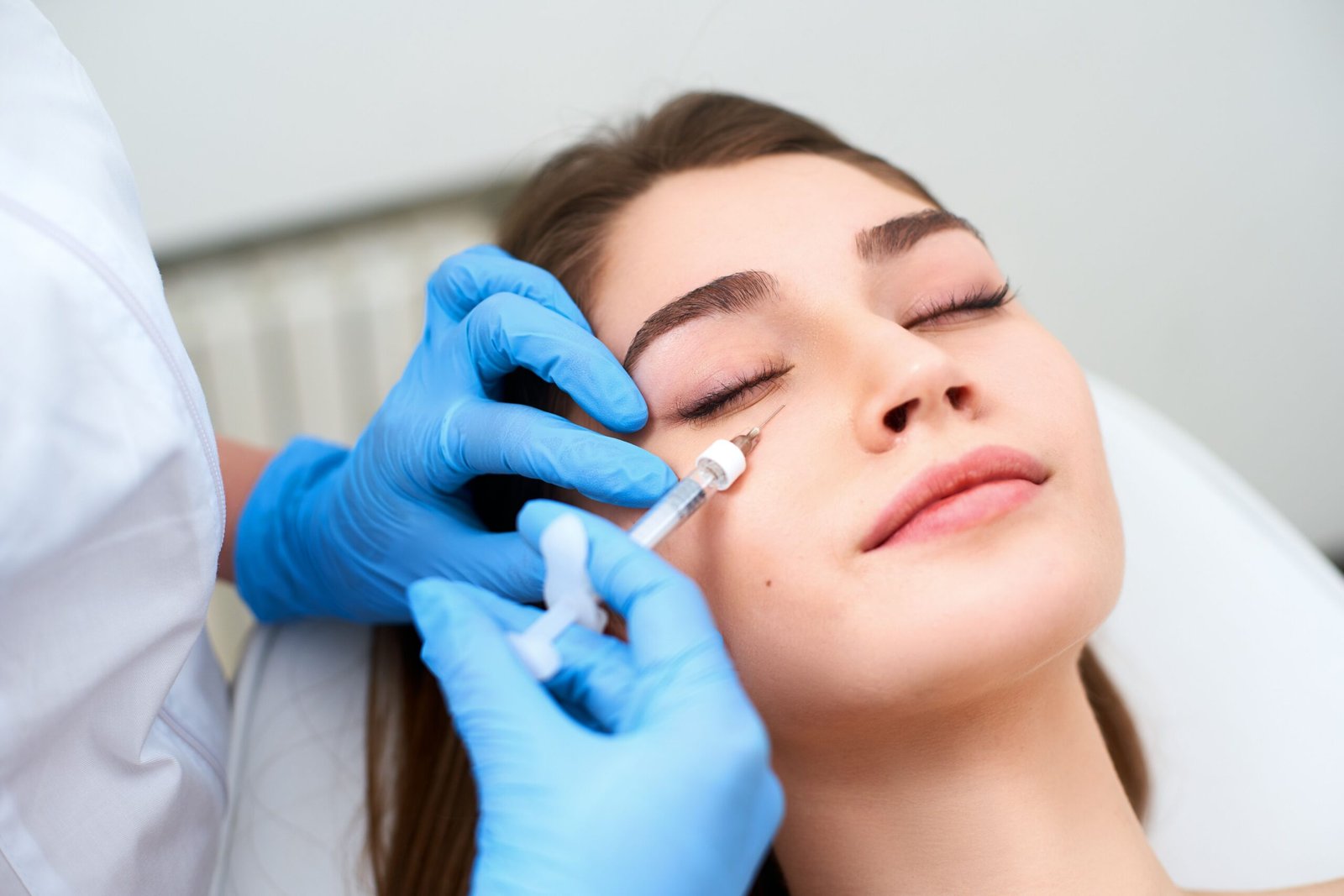
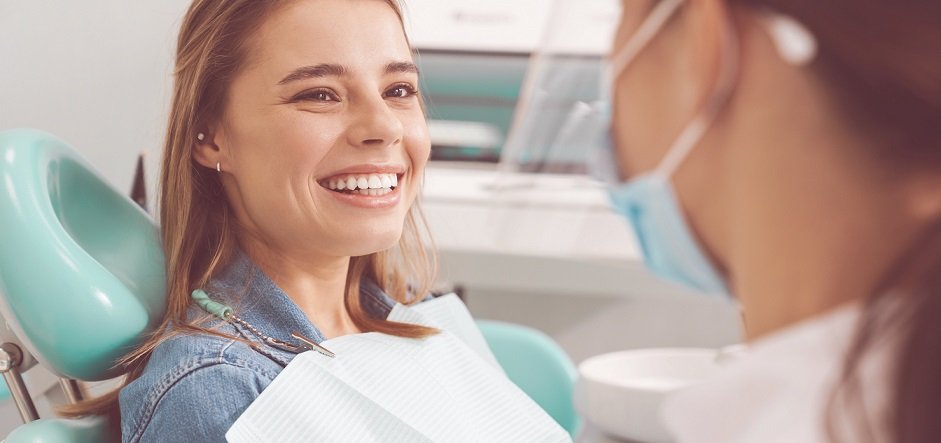
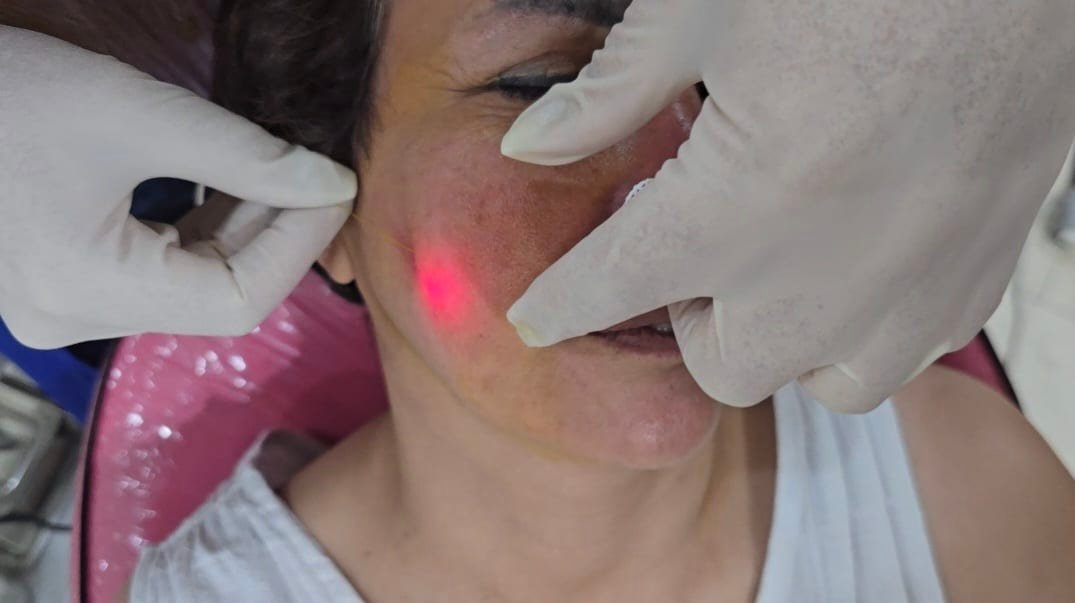




Leave a Reply